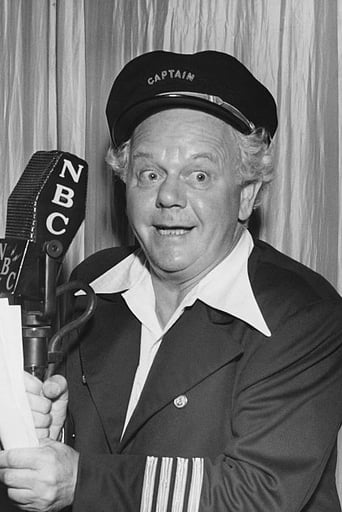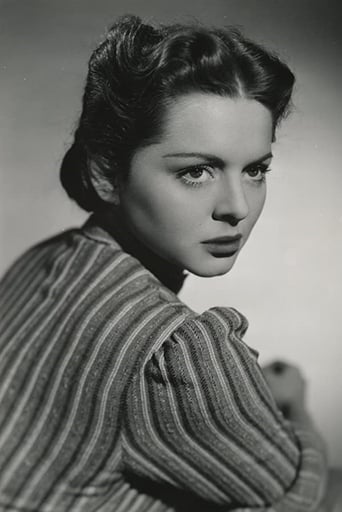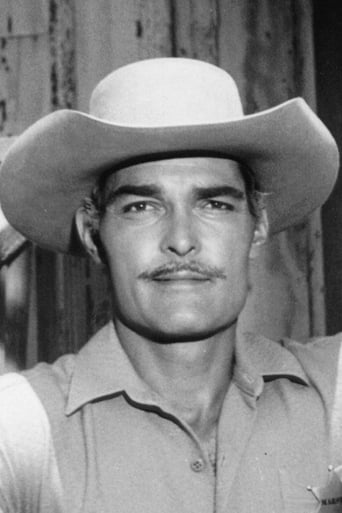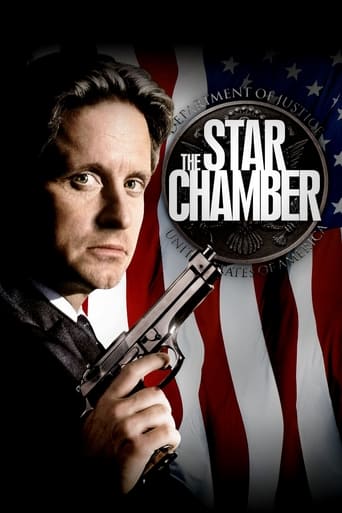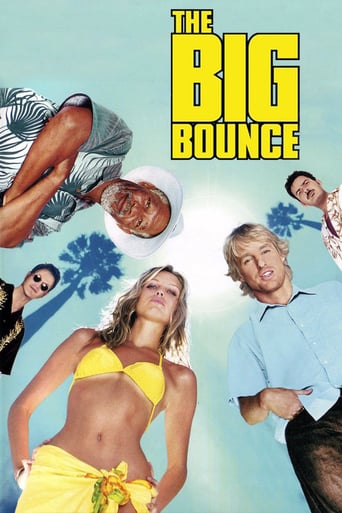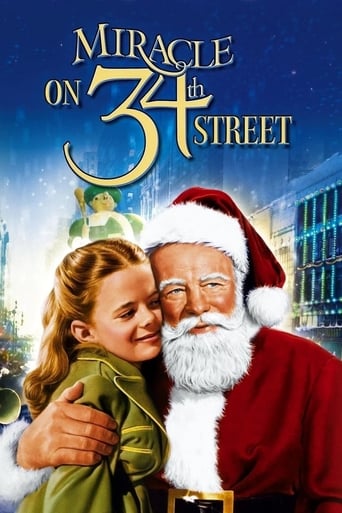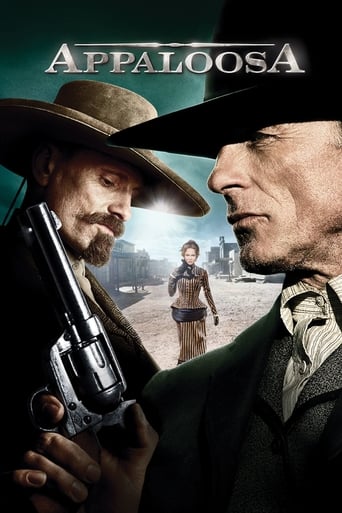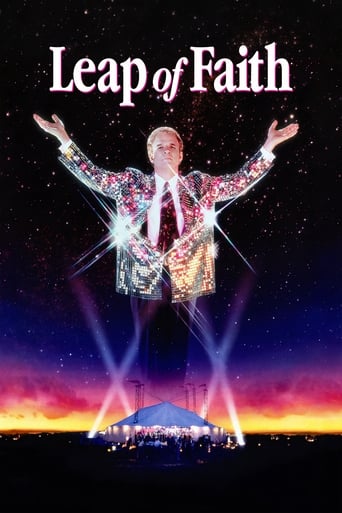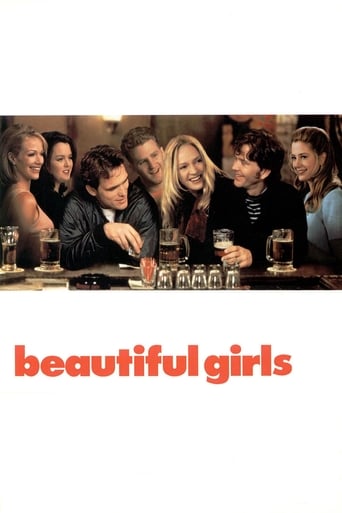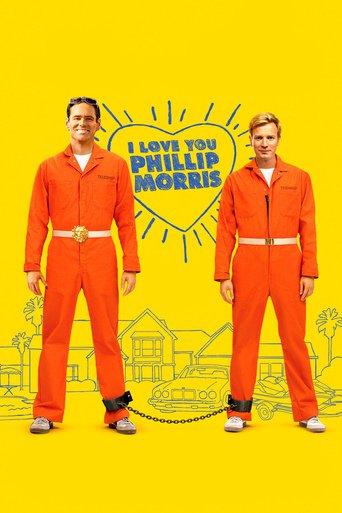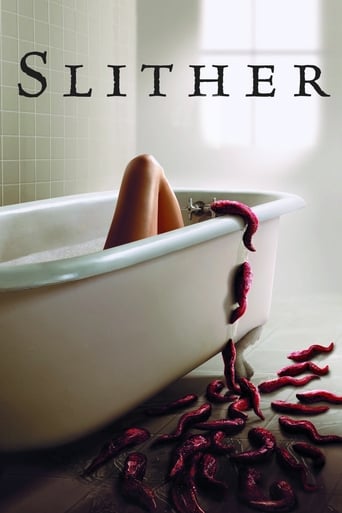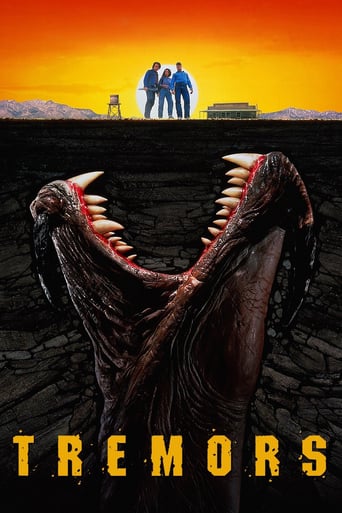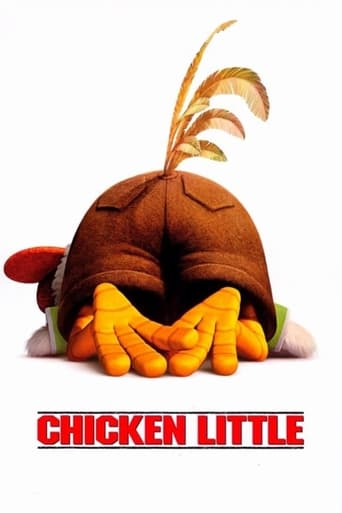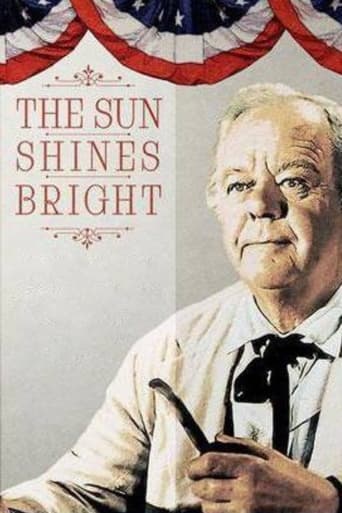
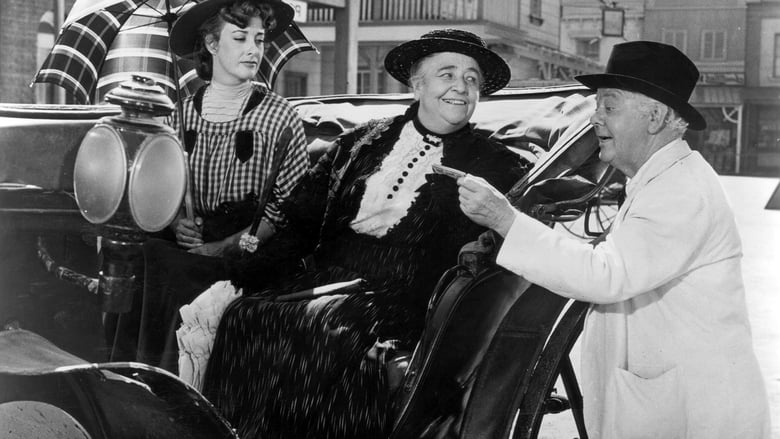
The Sun Shines Bright (1953)
With the election approaching, a judge in a Southern town at the turn of the 20th century is involved variously in revealing the real identity of a young woman, reliving his Civil War memories, and preventing the lynching of an African youth.
Watch Trailer
Cast


Similar titles
Reviews
Wonderful Movie
After playing with our expectations, this turns out to be a very different sort of film.
The film's masterful storytelling did its job. The message was clear. No need to overdo.
By the time the dramatic fireworks start popping off, each one feels earned.
I was a remarkably insensitive 14 year old when I first saw "The sun shines bright", a title vaguely familiar from a song sung by my grandfather,a stretcher - bearer on the Western Front who would often break into "The sun shines bright on Charlie Chaplin" whilst working in his tailor's workshop. There were no race issues in England,the only non - white person I had ever met delivered "Easyklene" products to my grandmother's door three or four times a year. The innocence of my vision was indeed enviable. I knew a little about he American Civil War - I'd seen "Gone with the wind" and knew about the abolition of slavery. I'd heard my first jazz record,"Darktown Strutters'Ball" by Bunk Johnson but knew nothing of the indignities suffered by black people despite the war between the states being over for ninety years. I loved this sentimental portrait without actually knowing it was a sentimental portrait. The judge was obviously a wise and human man,I totally didn't get the reference to the whore,the controversial depictions of the black characters(I thought Stepin Fetchit was a great comedian on a par with "Amos 'n' Andy") and the general undercurrent of what seems to many reviewers racism tantamount to KKK levels. Now I do,but I shan't make the mistake of applying 21st century sensitivities to a 65 year old film that's basic aim was to entertain. One perceptive reviewer likened Mr Ford's portrayal of post - bellum Kentucky to his vision of Ireland in "The Quiet Man",a never - never land existing only in his head. This isn't a significant socially realistic film - Mr Ford had very little time for that sort of cinema. It is a rather whimsical,entertaining piece of fiction;an exceptionally well - made portion of Americana that displeases many today. To criticise it because it doesn't suit us today is like criticising "Battleship Potemkin" because it doesn't have commercial breaks every 15 minutes.
Deeply moving Southern vignette. The script is artfully constructed for maximum dramatic impact. So many outstanding scenes, capped by a tour-de-force climax and a delightful reprise postscript, it's almost more than the emotions can stand. Ford has a ball, often delineating his setting and characters with broad strokes, but all the more effective for the master's touch. A few slight lapses are made by two or three of the actors, but what does that matter compared to the picture's overall emotional impact? The Ford Stock Company is out in overwhelming parade force. The movies also features "A"-budget sets and strikingly atmospheric black-and-white photography, plus a music score by the ever-reliable Victor Young (who uses Steven Foster most appealingly). In all, a movie to treasure. I'd rate it 99%.Ford said to me that this was his favorite movie of all the movies he had directed. Even though critics had exalted many others of his films to the skies, Ford thought "The Sun Shines Bright" was his greatest achievement. And I am really tempted to agree!
The director was John Ford, a notorious teller of tales. When asked by critics which of his movies he liked best, he sometimes cited "The Sun Shines Bright." To understand why he'd make such an outrageous claim, we must understand that Ford loved to cause disappointment and pain in others -- especially critics.Actually it's a low-budget and confusing jumble of several of Irwin S. Cobb's stories about the laid-back South. Not a bankable name among the cast. But we do get to see the last of John's brother Francis as a tattered old drunk in a coonskin hat, a role he'd been playing for twenty years. Frank had been a matinée idol in the early years of motion pictures, a handsome young hero, and it must have pained him to be so degraded on the screen but, as I say, John loved to see pain.And if you're truly into political correctness, this is an excellent place not to look for it. The judge is the pudding-faced Charles Winninger. He's a fair and courageous judge. Everyone realizes that. But still he has one of those chocolate-colored jockeys holding up a hitching post in front of his gate. That's not to mention Steppin Fetchit: "Yassuh, Boss, but you overslepp." But it's certainly a John Ford project. Many of his stock company put in their appearances: Jane Darwell, Jack Pennick, Russell Simpson, Grant Withers, Milburn Stone, among others. We even get to see an early work of John Russell and the teen-aged Patrick Wayne. Russell is a curious-looking guy. He was an intelligence officer on Guadalcanal with the Marine Corps and he looks it -- tall, brawny, handsome. But handsome in a way that's uncanny, unearthly, as if he were really an animated plastic mannequin.It's definitely a lesser work, by turns raucous and sentimental. Ford pulls out all his usual stunts and throws them haphazardly together. There's the grand march, the singing of hymns, the mano a mano fight, the Ladies Temperance Society. If you want nothing more than to sit back and be diverted for an hour and a half, this should do the job.
John Ford had a fondness for The Sun Shines Bright. It's a beautiful tale of an honorable old man who even while facing a tough re-election for town judge refuses to be a hypocrite or play up to a lot of his town's hypocrites.The film was done before as Judge Priest with Will Rogers in the title role. As good as The Sun Shines Bright is, it would have been even better had John Ford not chosen to use Stepin Fetchit in the same part he had in the original film. Stepin Fetchit is, well Stepin Fetchit. Funny thing is that a whole lot of black players are used in this film and their roles are not as stereotypical as his is.Charles Winninger is every bit as good as Will Rogers in the lead. If you can imagine Captain Andy from Show Boat had he taken up the law instead of show business, you get some idea of what Judge William Pittman Priest is all about. Justice is blind in his courtroom, but it isn't deaf and dumb also. In Winninger's life as well as his courtroom.He's up for re-election in his small Kentucky county and he's got a hard fighting opponent in prosecutor Milburn Stone. Priest is a proud Confederate veteran, but he's not above saving an innocent black kid from a lynch mob.Nor is he above a little Christian charity when it comes to seeing a fallen woman who just came to town to see her daughter before she died given a proper funeral service. When no accredited minister will do the service, Winninger fills in at the pulpit and has some choice words taken from the parable about the woman caught in sin.My favorite scene in The Sun Shines Bright is the funeral procession for the same woman. Winninger is the head of the local United Confederate Veterans and Henry O'Neill is the head of the local Grand Army of the Republic chapter. They are friends and friendly rivals. Yet on that day Republican O'Neill and Democrat Winninger both lead the funeral procession. Too bad our Republicans and Democrats of today can't agree on some common values.How does this impact on Winninger's election? You'll have to watch the beautiful and poetic The Sun Shines Bright to find out.


